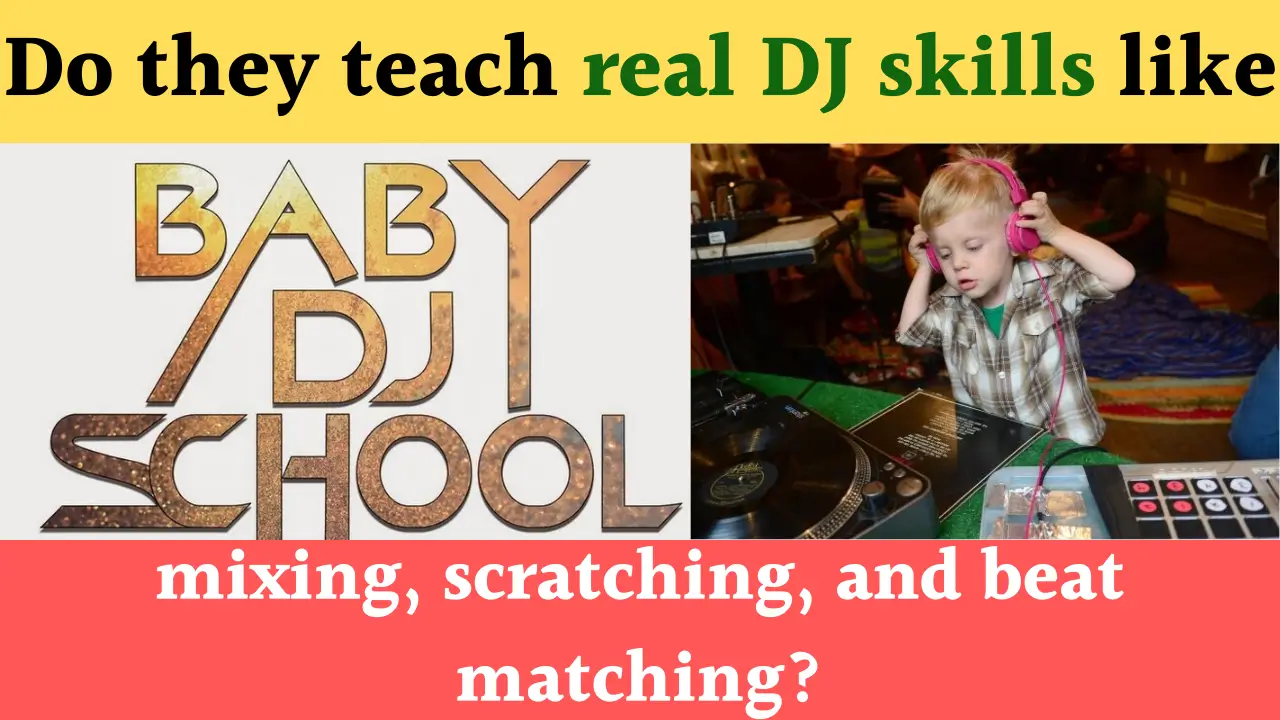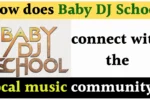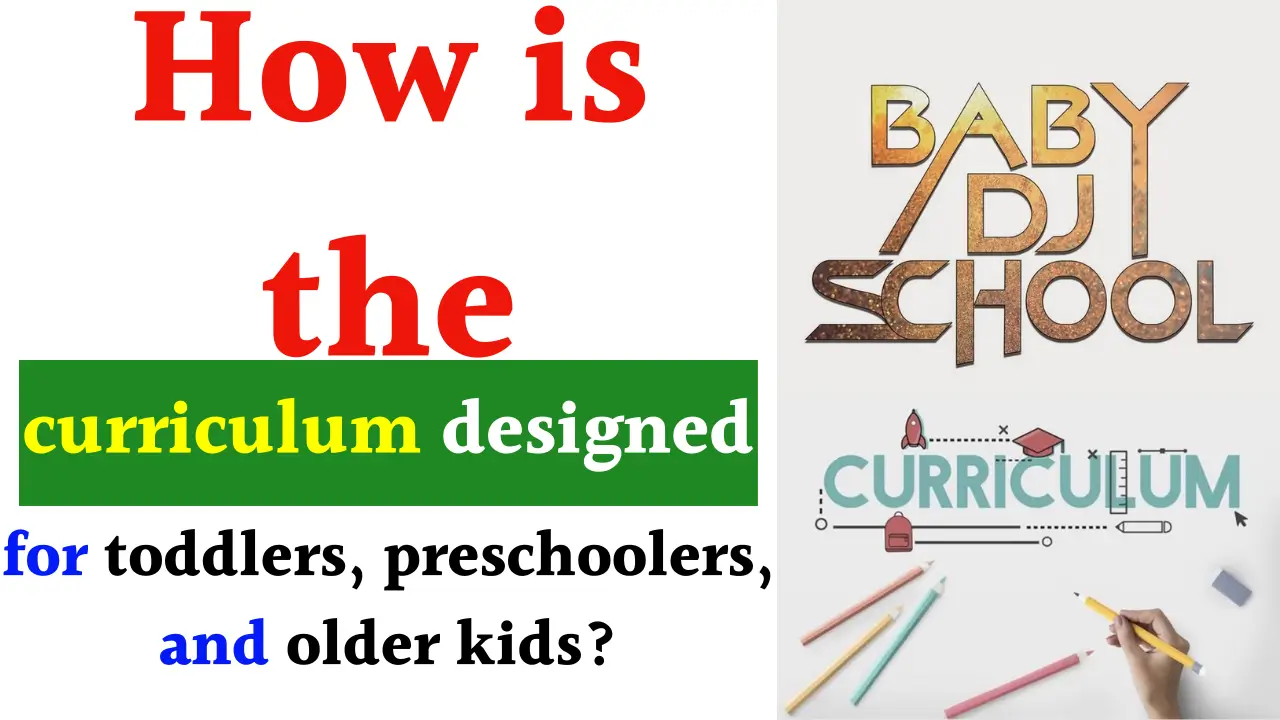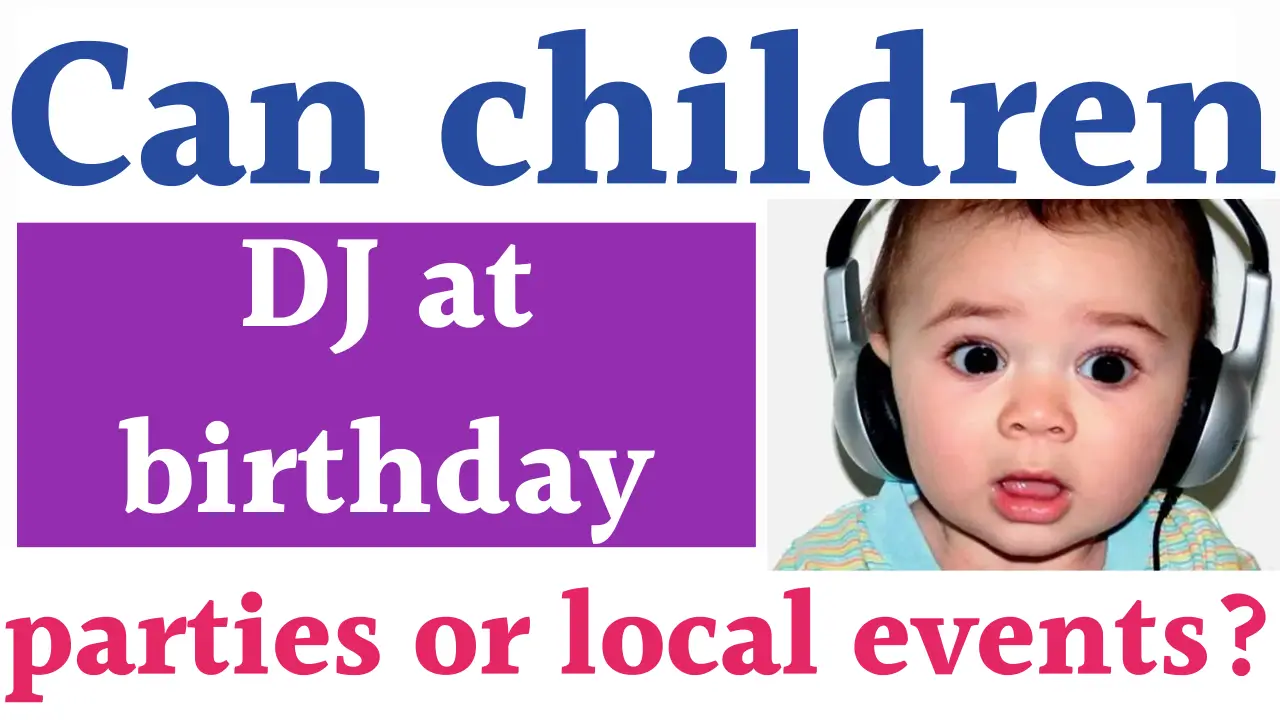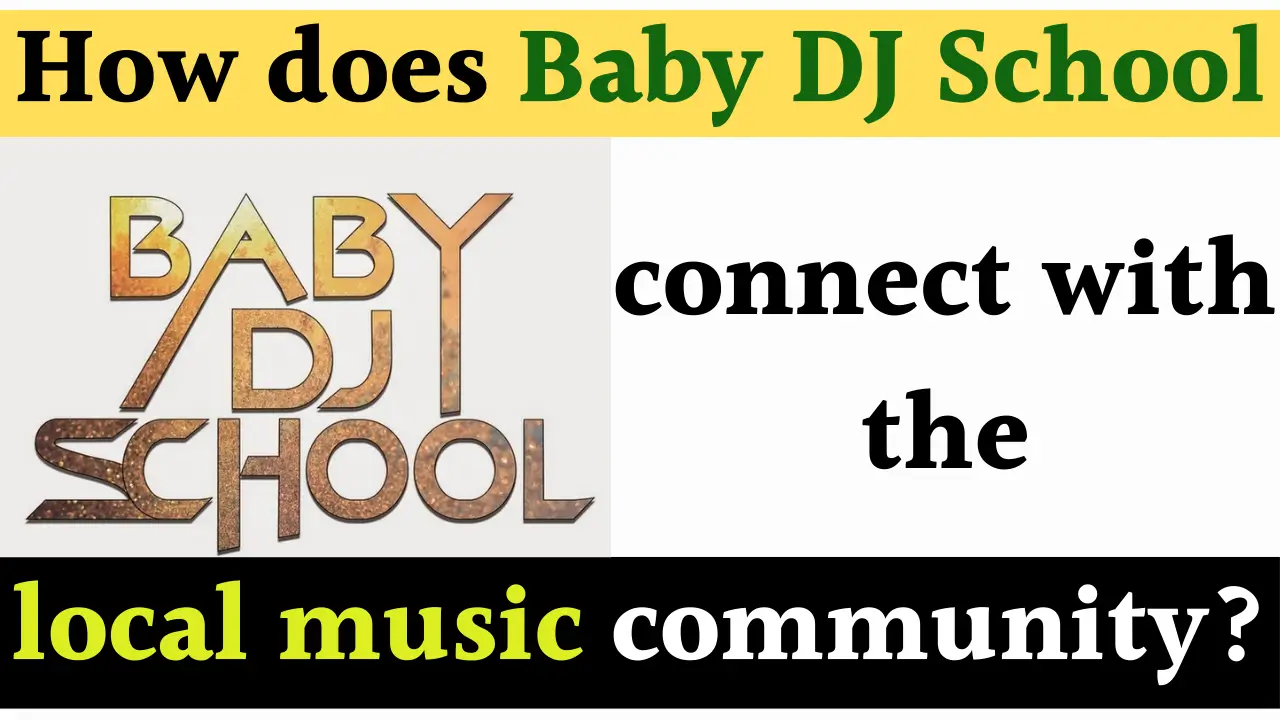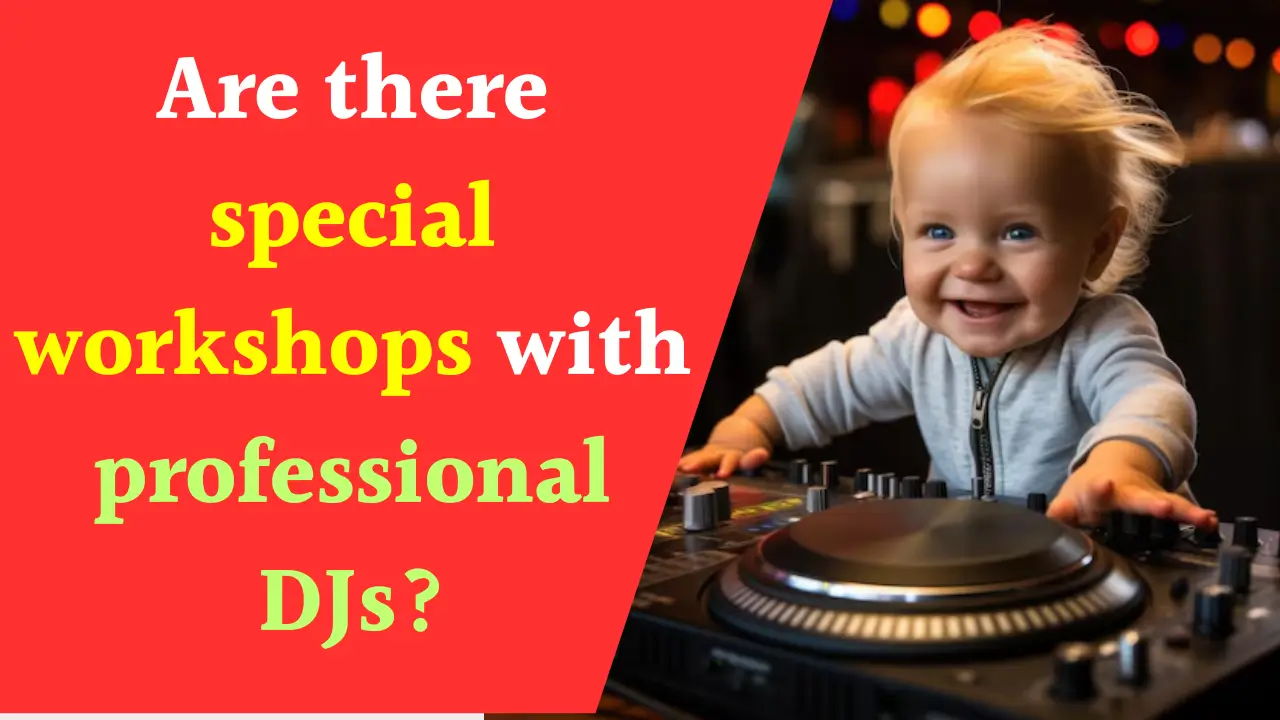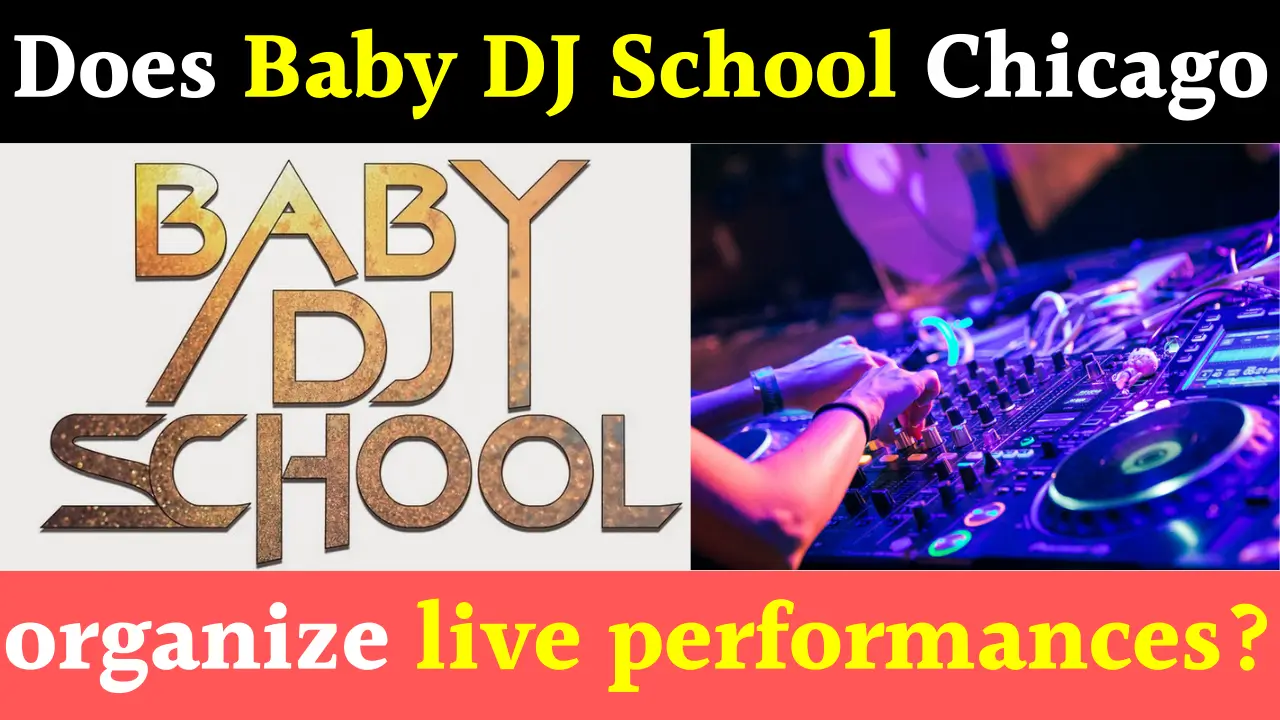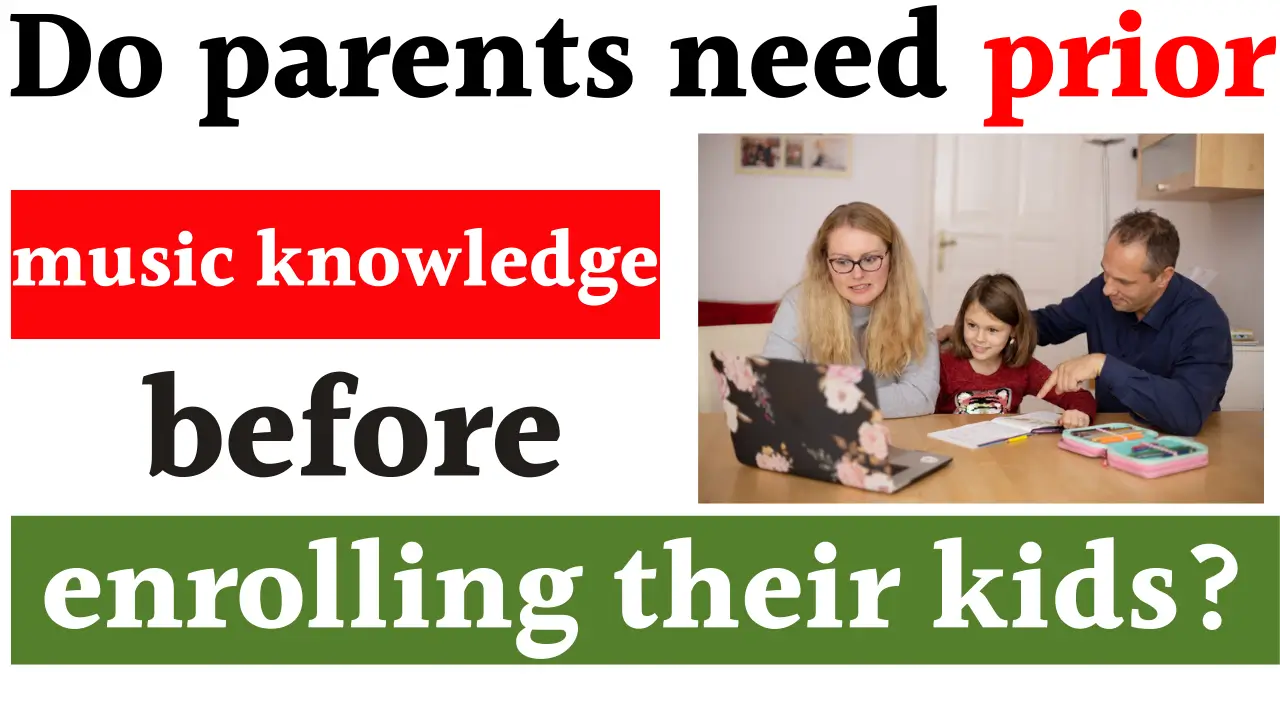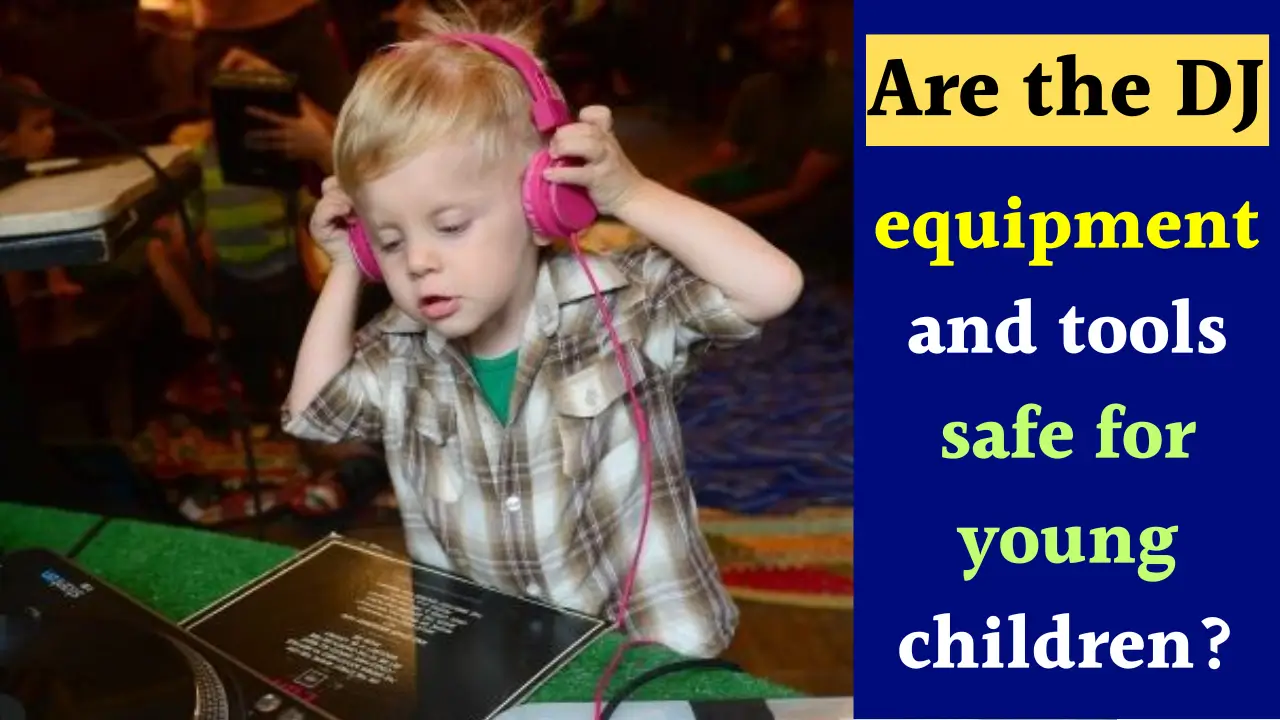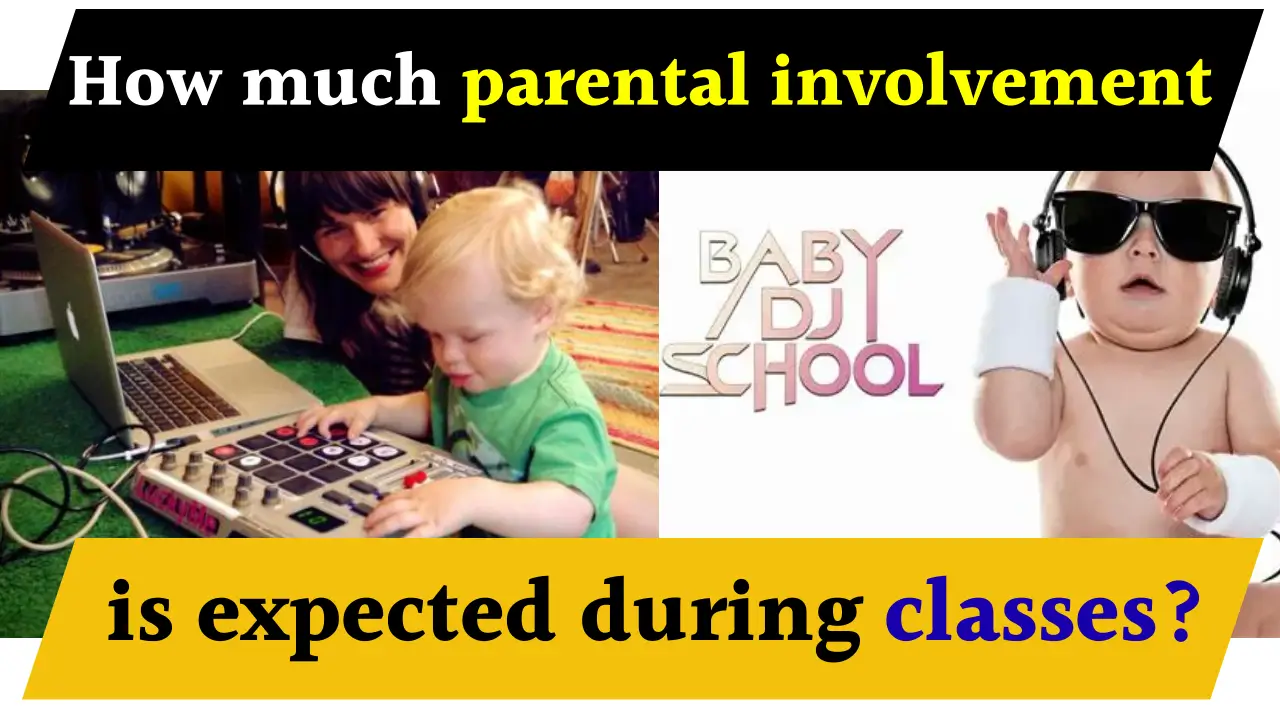In recent years, the art of DJing has seen a significant rise in popularity and professionalism. Aspiring DJs often ask whether formal DJ schools or online courses truly teach the foundational skills of the craft, such as mixing, scratching, and beat matching. These skills are what distinguish a professional DJ from a hobbyist, enabling artists to perform cohesively and creatively.
This article delves into whether modern DJ education addresses these core techniques, what methods they use, and the latest trends shaping DJ training programs.
Fundamental DJ Skills Explained
Before exploring education methods, it is crucial to understand the key DJ skills commonly taught:
- Mixing: Seamlessly blending two or more tracks to create a continuous flow of music, ensuring smooth transitions.
- Scratching: A technique involving the manipulation of vinyl records or digital jog wheels to produce rhythmic sounds or effects.
- Beat Matching: Aligning the beats of two tracks, so their rhythm and tempo sync perfectly for uninterrupted music playback.
These skills require both technical knowledge and practice, with modern tools giving rise to new learning opportunities.
Do DJ Schools Teach These Real Skills?
Yes, many contemporary DJ schools and courses prioritize teaching real, tangible DJ skills. They focus on hands-on training using professional DJ equipment or software, helping students master the three pillars of DJ artistry:
How DJ Schools Teach Core Skills
| Skill | Teaching Method | Tools Used | Learning Outcome |
|---|---|---|---|
| Mixing | Step-by-step audio blending exercises | DJ controllers, mixers, headphones | Track layering with smooth transitions |
| Scratching | Practice with vinyl or digital jogs | Turntables, digital vinyl systems | Creative live performance techniques |
| Beat Matching | Manual tempo adjustment drills | Tempo sliders, BPM counters | Syncing tracks manually without auto-sync |
Many DJ schools incorporate theory lessons alongside practical sessions to explain concepts like song structure, tempo, rhythm, and phrasing, which are essential to mastering these skills.
Latest Trends in DJ Teaching
With technological advances, DJ training has evolved:
- Digital Platforms: Online courses with interactive modules allow students to learn at their own pace.
- Software Simulations: Programs like Serato DJ, Traktor, and Rekordbox offer virtual turntables for practice.
- Hybrid Learning: Combining in-person coaching with digital resources gives a comprehensive experience.
- Real-world Scenarios: Some schools simulate live gig environments to prepare DJs for actual performances.
These updates make real DJ skills more accessible and in tune with current industry standards.
Key Components of a Quality DJ Course
A thorough DJ course includes several elements:
- Hands-on practice with professional gear
- Detailed lessons on music theory basics specific to DJing
- Tutorials on using diverse audio formats and software
- Coaching on beat matching without relying solely on sync buttons
- Scratching tutorials emphasizing timing and rhythm
- Understanding EQ, effects, and audio mixing techniques
- Performance practice in varied musical genres
- Guidance on building sets and crowd reading
Why Real DJ Skills Matter
Learning authentic DJ skills builds confidence and versatility. DJs able to mix manually and scratch creatively can adapt to any event, impress audiences, and create unique experiences. Over-reliance on automatic digital features can limit this artistic expression and problem-solving ability.
Tips for Aspiring DJs Seeking Skill-Focused Learning
- Look for courses with a curriculum emphasizing manual beat matching and scratching.
- Choose schools with comprehensive hands-on sessions, not just theory.
- Practice regularly with the same equipment used in lessons.
- Seek feedback from experienced DJs or instructors.
- Attend live DJ workshops or events to observe real performances.
Conclusion
In conclusion, yes, modern DJ training programs increasingly teach real, practical DJ skills such as mixing, scratching, and beat matching. With advances in technology and evolving teaching methods, students can gain solid foundational skills either through physical DJ schools or online platforms. These programs combine theory, practice, and real-world simulations to prepare DJs for professional performance. Aspiring DJs should prioritize courses that emphasize manual skill development to build a versatile and creative DJing capability.
